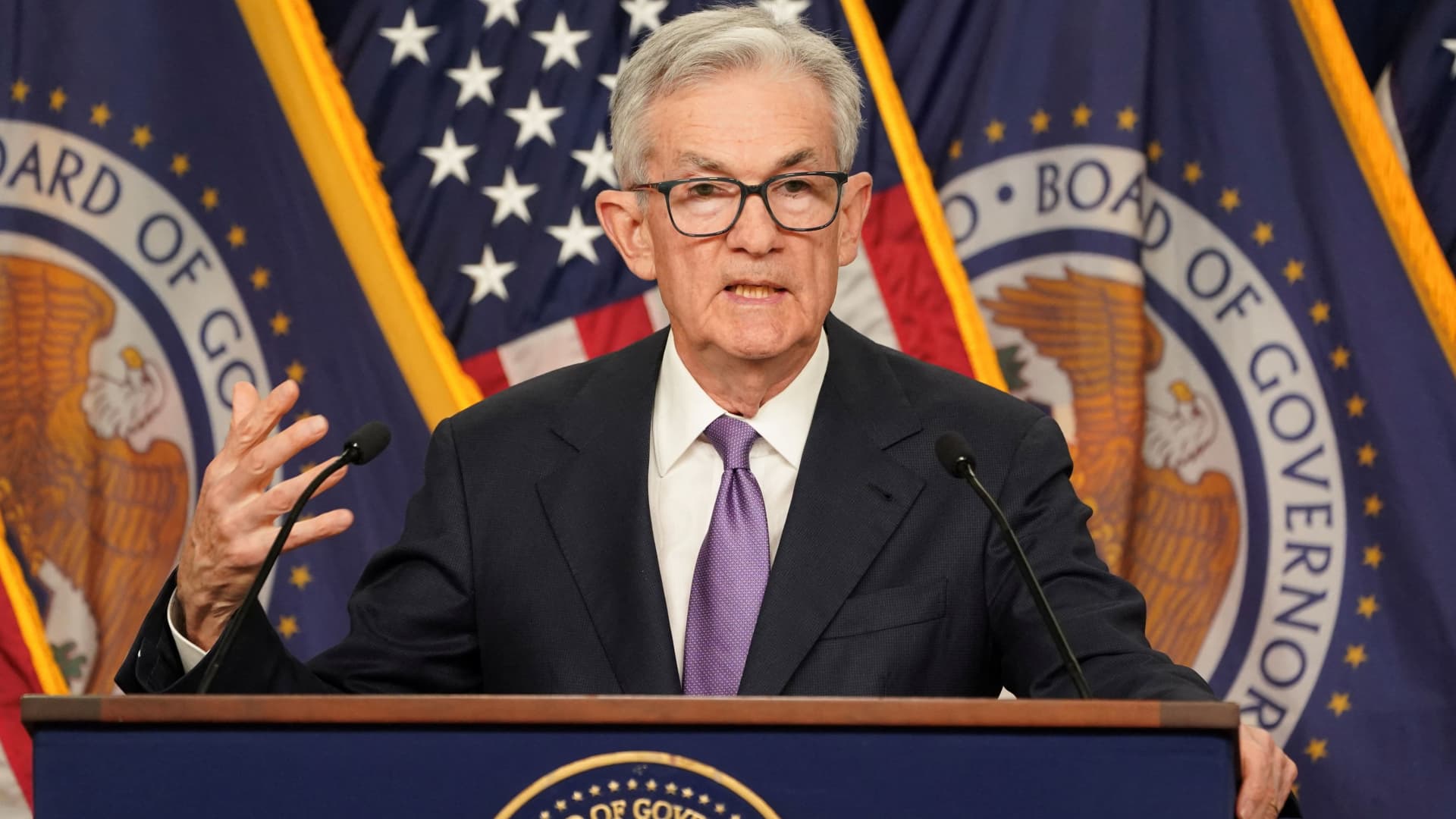
American households struggled to cover some everyday expenses, including rent, in 2023, and many remained gloomy about inflation even as price increases slowed.
That’s one of several findings from a new Federal Reserve report on the financial well-being of American households. The report suggested that the financial circumstances of American households remained similar compared to 2022 – but the details also provided a split-screen view of the US economy.
On the one hand, households are satisfied with their employment and wage growth prospects and are saving for retirement – evidence that the benefits of very low unemployment and rapid hiring are tangible. And about 72 percent of adults said they are doing well or living financially comfortably, up from 73 percent a year ago.
However, that optimistic share has fallen from 78 percent in 2021, when households had just benefited from repeated pandemic stimulus measures. And beneath the surface of the report, signs of financial stress related to higher prices persisted and in some cases increased.
Inflation cooled significantly over the course of 2023, falling from 6.5 percent at the beginning of the year to 3.4 percent at the end of the year. Still, 65 percent of adults said price changes had worsened their financial situation. People with lower incomes were significantly more likely to report this burden: 96 percent of those earning less than $25,000 said their situation had worsened.
Tenants also reported increasing difficulty paying their bills. The report showed that 19 percent of renters reported falling behind on their rent at some point during the year, an increase of two percentage points from 2022.
Interestingly, slightly fewer households took action – such as switching to cheaper products or postponing large purchases – to cover their higher costs compared to 2022. Still, about 79 percent of households said they had done something to offset rising costs, suggesting that Americans have not yet widely accepted that high prices are an unavoidable reality of life.
The Fed’s annual review of household finances is particularly relevant this year. Consumer confidence has weakened even as the job market is booming and inflation is cooling significantly, a conundrum that is confounding analysts and weighing on the White House.
Polls show that President Biden is suffering because Americans view the economy poorly under his administration. Donald J. Trump, the presumptive Republican nominee for the November presidential election, has taken a toll on Mr. Biden’s economic record.
The report underscores that despite the slowdown, inflation remains a major concern for many Americans, potentially big enough to take the shine off an economy that is growing rapidly and creating new jobs.
Many economists speculate that part of the ongoing concern is because households are paying more attention to price levels – which are significantly higher than they were in 2020 – rather than to price changes, which is what statisticians mean when they talk about inflation. To give an example, a person might focus on the fact that their latte now costs $5 instead of $3, rather than the fact that the price is no longer rising as quickly as it did last year.
“When I talk to people, they all tell me they want lower interest rates, and they also tell me prices are too high,” Raphael Bostic, president of the Federal Reserve Bank of Atlanta, said in an interview with reporters on Tuesday morning. “People remember where prices used to be, and they remember not having to talk about inflation, and that was a very comfortable place to be.”
The Fed recently raised interest rates from near zero to 5.3 percent in 2022 to cool the economy and curb rapid price increases. While this is also painful for many households as buying a home becomes even further out of reach and credit card balances become painfully expensive, officials like Mr. Bostic emphasize that the policy is necessary.
“We need to get inflation back to 2 percent as quickly as possible,” Bostic said, referring to the inflation rate that was roughly normal before the pandemic and which is the Fed’s target.
Source link
2024-05-21 15:58:33
www.nytimes.com















